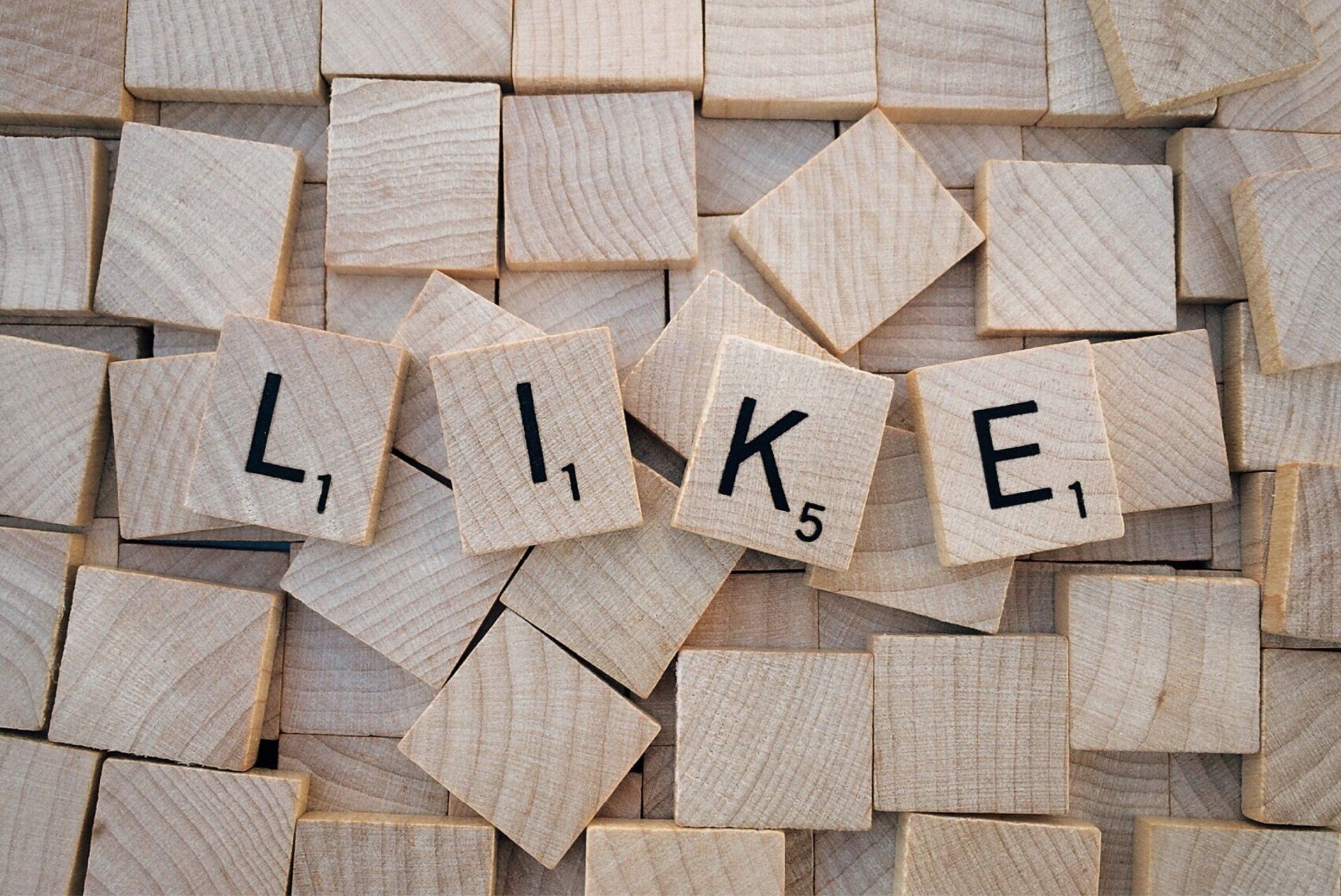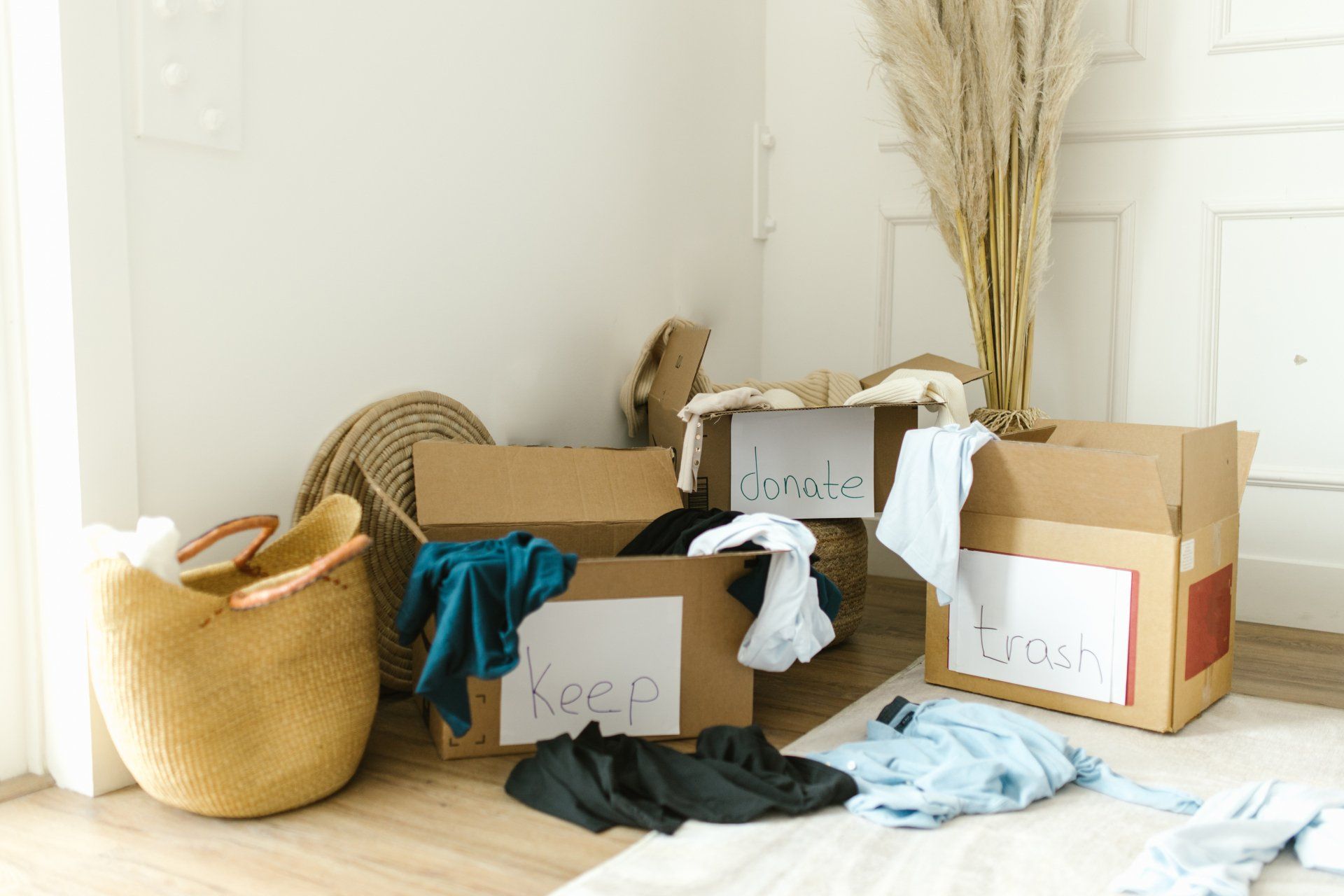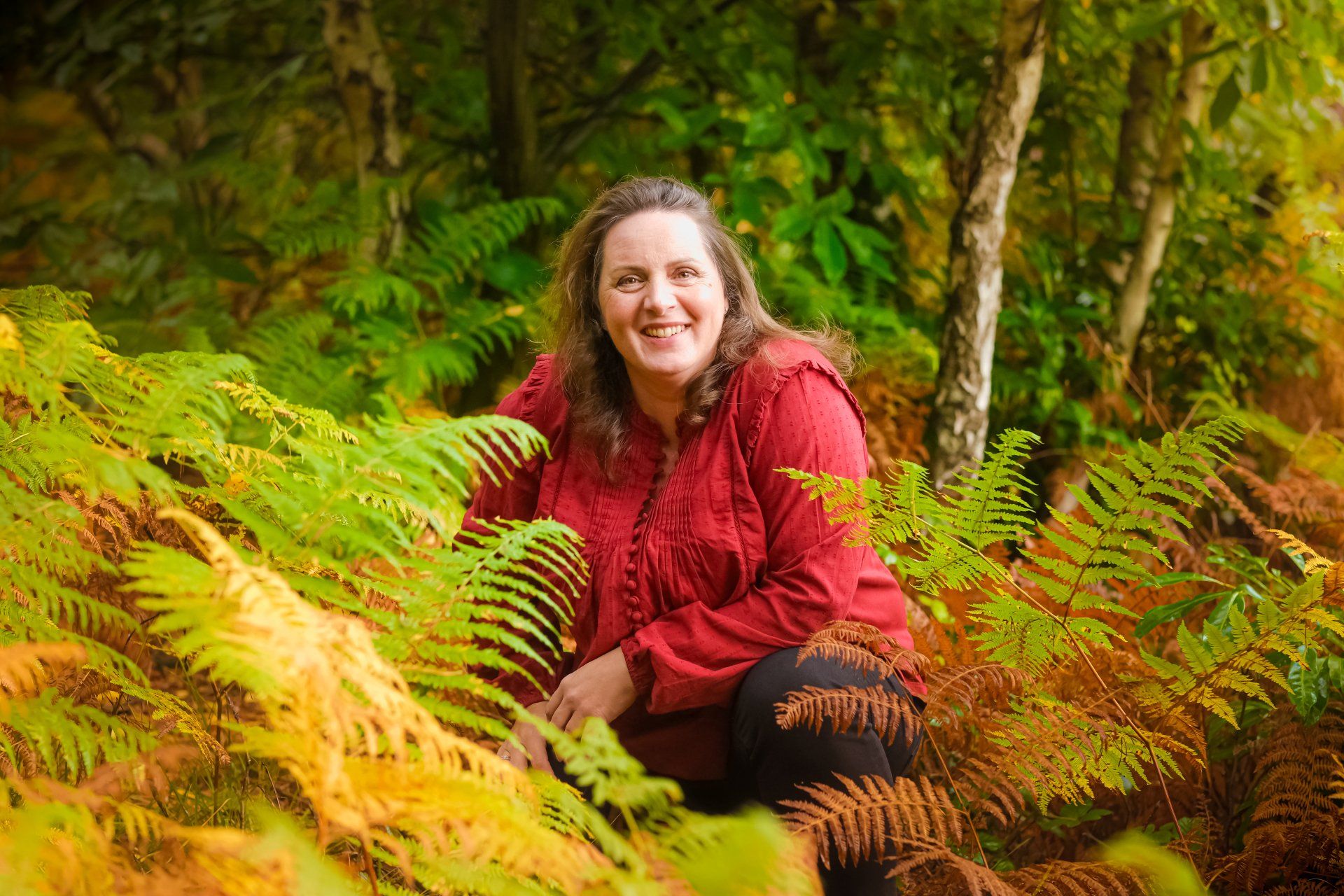How does your garden grow?
Gardening for health and wellbeing

Now our extension is finally finished I have really enjoyed spending time planning and planting my garden this year, and I’m loving watching everything come into bloom now. The photos above were taken two months apart – it’s amazing what a bit of nurturing, sunshine and water can help you achieve.
Having a garden space like this is such a privilege and I feel very blessed to be able to spend time in it, to be surrounded by beauty and nature. I have also become very aware of the so many ways in which gardening helps to support my health and well-being, and I’d like to share a bit about that with you here.
Grounding and strengthening connections
Gardening helps us to connect to our roots as human beings, fostering a sense of grounding. If you are growing food - even if it's just herbs - you will feel more connected with the food you eat. It can also help us strengthen our connections with other people, especially if we have a gardening buddy or are perhaps participating in a communal garden or allotment.
Staying present
Mindfulness can help you improve your health and well-being in so many ways, for example by reducing stress and anxiety, increasing cognitive ability and improving memory. Gardening is the perfect activity to practice mindfulness in nature: staying in the present moment, fully engaged in what you are doing, free from distraction or judgement, aware of our thoughts and feelings but not getting caught up in them.
The garden is a stress-free zone
The psychological benefits of being outdoors, working in the sunshine and fresh air, are clear. Gardening can provide an opportunity to slow down the often relentless pace of modern life. Studies have shown that just looking at trees and plants reduces stress, lowers blood pressure and relieves tension in muscles.
A sense of achievement and purpose
Watching something grow from a tiny seed that you have planted can instil a sense of achievement and self-esteem. Taking care of and nurturing another living thing is a responsibility and you can feel a huge sense of pride when looking upon all you have achieved in the garden, as well as all the knowledge you have learnt about gardening and nature along the way. Growing vegetables to share at the dinner table with friends and family can be a great source of joy, a sense of satisfaction that you have provided nutritious healthy food. Maybe you will even enter your produce into a local show and win a prize!
Improved mental health
Engaging in an activity that you enjoy can help to keep depression at bay. I love getting stuck into some heavy gardening task by myself and also love when a friend comes to potter about with me, we always find something to laugh about! The combined benefits of exercise, being in nature, feeling the sunshine, better sleep quality and connecting with other like-minded people will all help improve your mental health. There is even research that shows that the bacteria found in soil, M. vaccae, is linked to the production of the feel-good hormone serotonin!
The garden is my gym
Gardening is great exercise; it can help you to burn fat and tone your muscles. A study by Harvard Medical School found that a person weighing 70kg (or 11 stone) can expect to burn, per half hour:
- General gardening activities: 162 calories
- Lawn mowing: 198 calories
- Raking the lawn: 144 calories
- Chopping and splitting wood: 214 calories.
The study showed that the heavier you are, the more calories you will burn doing these activities. There are around 3,500 calories per pound of body fat, so spending a few active hours each week in the garden will soon add up!
Strengthens the immune system
There are all sorts of ways that being in nature and gardening can help boost your immune system. Some research has shown that the dirt you end up with under your fingernails may help to boost immunity! Mycobacterium vaccae, a so-called 'friendly' soil bacteria which is common in garden dirt has been shown to alleviate symptoms of allergies, asthma and psoriasis, all of which can stem from a weakened immune system. Also, when we are stressed or anxious we produce the hormone called cortisol - too much cortisol in your system for a long time can actually decrease the bodies immune responses. Stress also decreases the body’s production of infection protecting white blood cells.
Gardening for your physical health
The benefits of gardening to your physical health are undeniable. Simply being exposed to natural sunlight and the resulting Vitamin D can help you build resistance against chronic disease by regulating the amount of calcium and phosphate in your body. These nutrients are needed to keep your bones, teeth and muscles healthy – deficiencies can lead to conditions such as rickets in children and bone pain (osteomalacia).
By helping to keep you fit, being active in the garden can also help you to reduce the risk of heart attacks and strokes, osteoporosis, and colon cancer. Maintaining a healthy weight can help lower levels of diabetes.
Maintaining an active lifestyle, including activities such as gardening which can also help to trigger memories and utilise the senses, can help to improve your cognitive function and can reduce the risk of dementia by 30%.
Remember - you don't actually need a garden!
A balcony or window box can also provide opportunities to reap the benefits of gardening and feel a sense of being in nature. How about nurturing house plants? I have an ever-growing collection of house plants which are slowly taking over every available surface in the house!
So, what are you waiting for? Roll up your sleeves, get your trowel out and get into that garden today!







